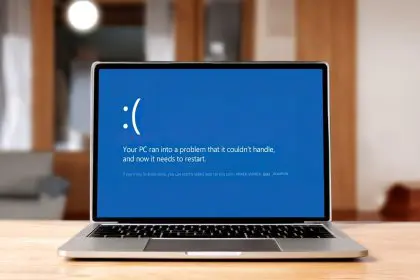Epic Games will refund $72 million to 629,000 Fortnite players for accidental purchases, part of a broader Federal Trade Commission settlement over deceptive billing practices.
Players receiving refunds will get approximately $114 each through PayPal or check starting Monday. PayPal payments must be claimed within 30 days, while checks expire after 90 days.
The refunds stem from a December 2022 settlement where Epic paid $520 million over alleged violations of children’s privacy laws and misleading design practices called “dark patterns” that led to unintended purchases.
“This action demonstrates our commitment to protecting consumers from manipulative billing tactics in gaming,” said FTC Chair Lina Khan. “Companies must be transparent about charges and obtain clear consent.”
Epic faced criticism for interface designs that made it easy to accidentally purchase items. Players reported issues including:
– Charges occurring during loading screens
– Unclear purchase confirmation processes
– Difficulty obtaining refunds
– Children making unauthorized purchases
Claims remain open for affected users through the FTC’s online portal. The commission encourages players who made accidental purchases to submit documentation.
Gaming industry experts note growing regulatory attention to microtransactions. “This case signals increased scrutiny of monetization practices,” said technology analyst James Wilson. “Companies are reassessing their purchase interfaces.”
The settlement includes requirements for Epic to:
– Implement clearer purchase confirmations
– Provide easier refund processes
– Prevent unauthorized child purchases
– Improve parental controls
“This represents a shift in how gaming companies approach transactions,” said consumer rights attorney Maria Rodriguez. “The industry can expect more oversight of these practices.”
Industry analysts say the settlement could influence how gaming companies design purchase interfaces. “This sets a precedent for monetization practices across the industry,” said gaming economist Sarah Chen.
The case highlighted growing scrutiny of microtransactions in games. Epic has since modified its billing system to prevent accidental charges.













